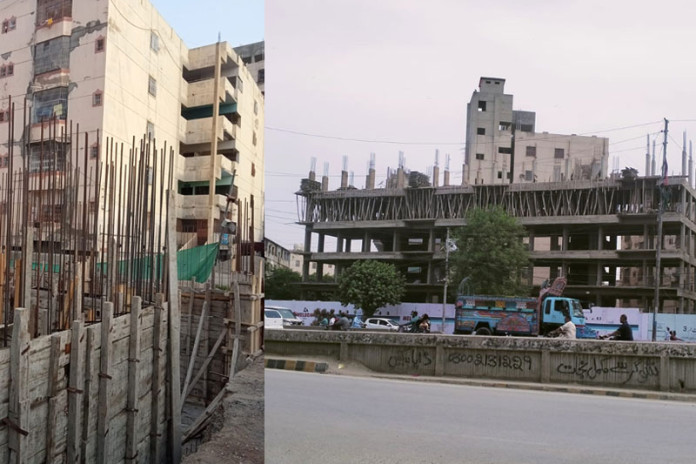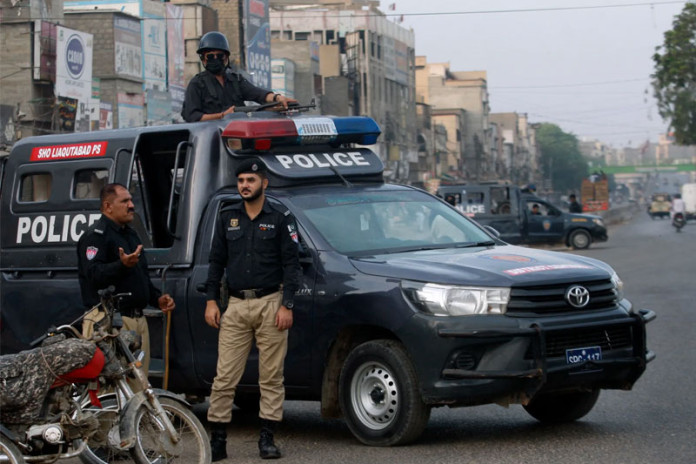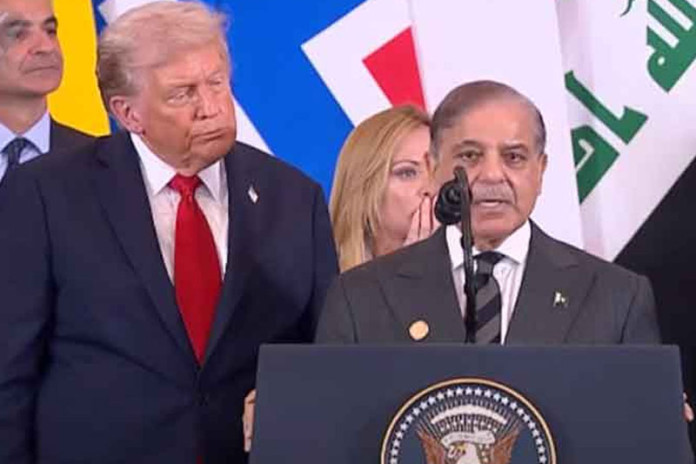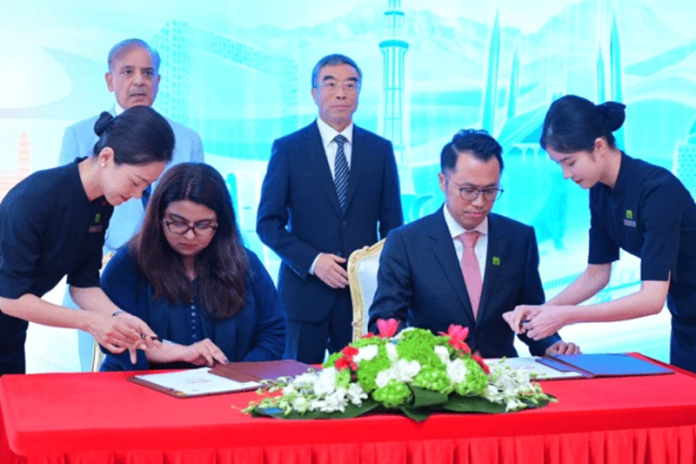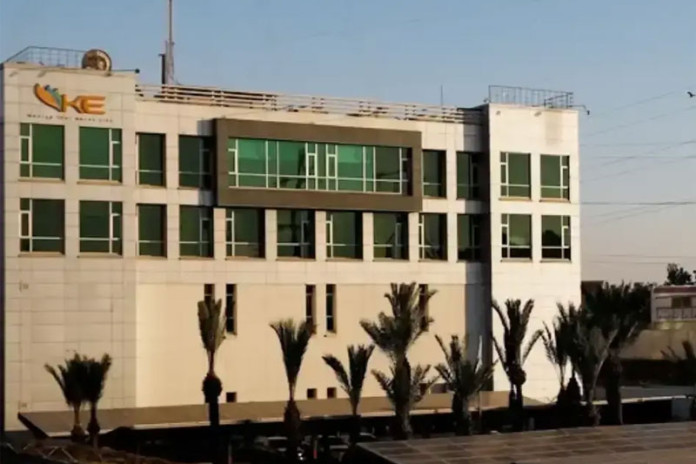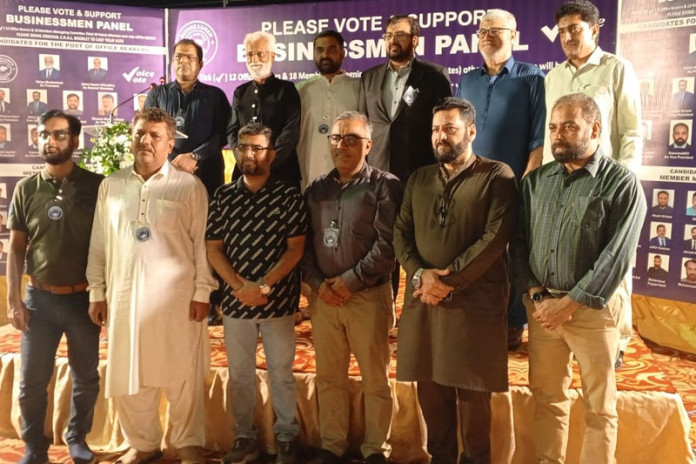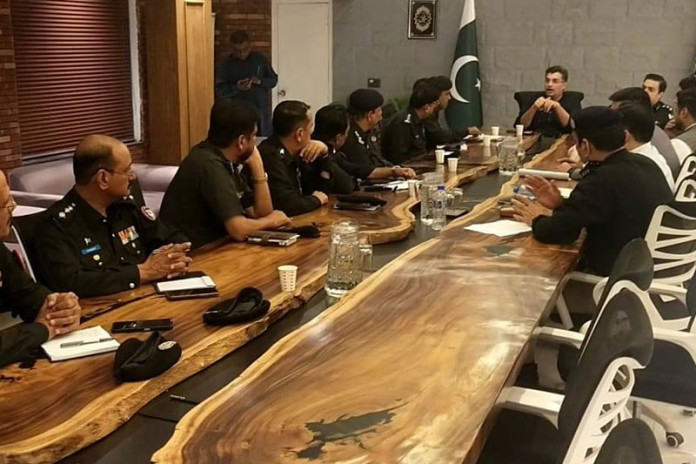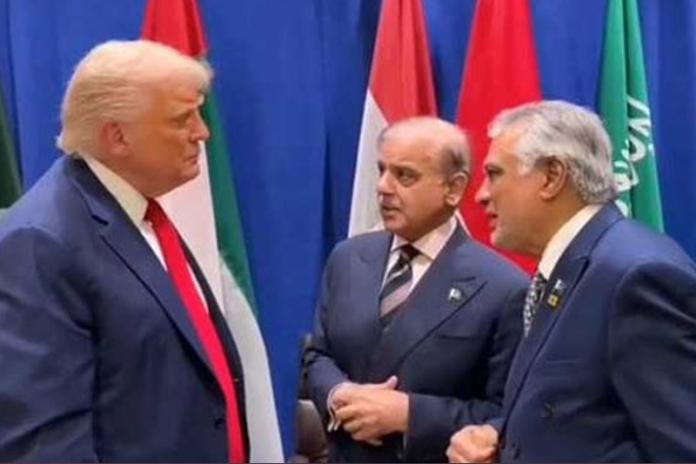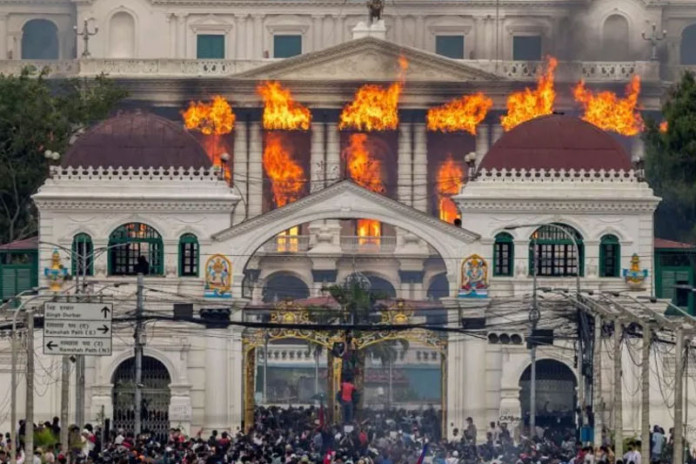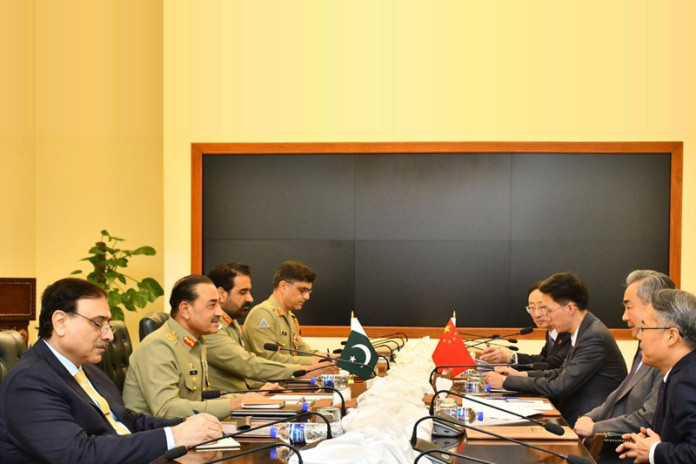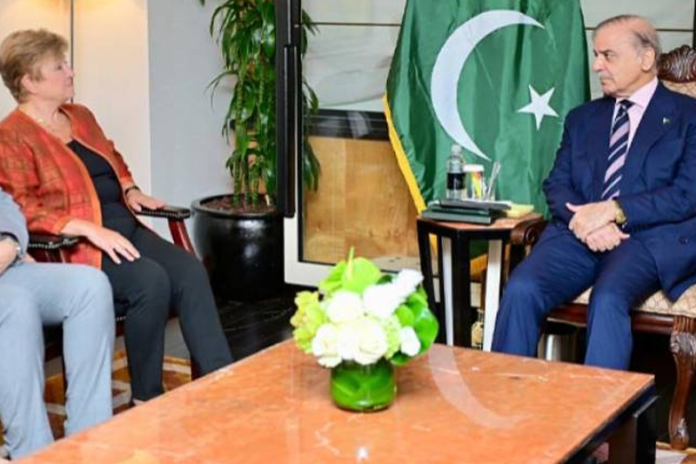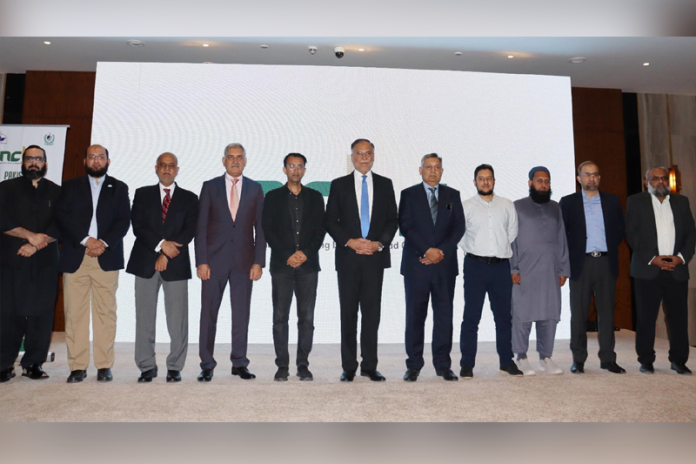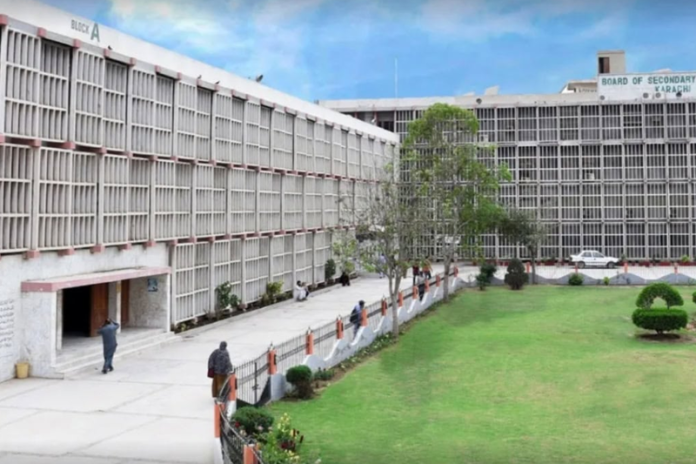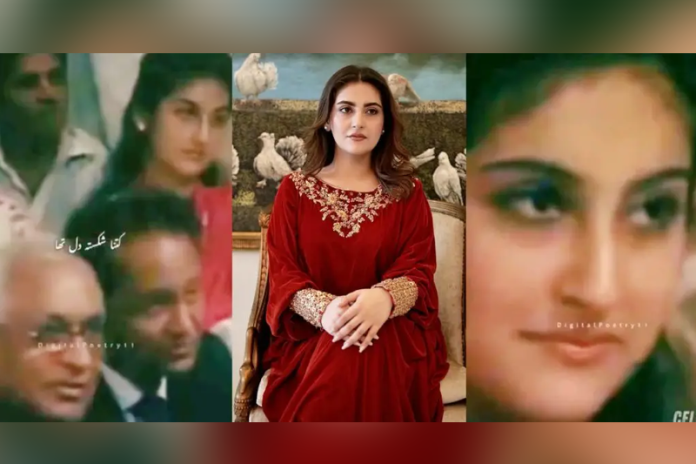Independence Day of Pakistan: A historical overview from 1947 to 2024
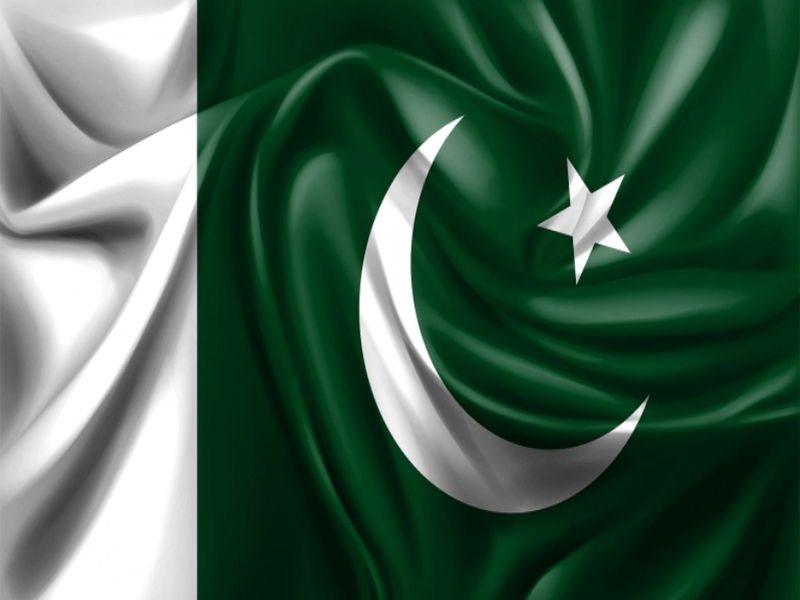
- 855
- 0
Independence Day in Pakistan, celebrated annually on August 14, marks the nation's emergence as a sovereign state in 1947. This day is a reflection of Pakistan's historical journey, encapsulating the struggles, achievements, and transformations that have shaped the nation over the decades.
From its inception through the contemporary era, Pakistan's Independence Day has been a symbol of national pride and resilience. This article delves into the evolution of Pakistan's Independence Day from 1947 to 2024, exploring its historical context, significant events, and contemporary reflections. The Birth of a Nation: 1947 The partition of British India on August 15, 1947, resulted in the creation of two independent dominions: India and Pakistan. Pakistan's Independence Day is celebrated on August 14, in accordance with the pre-independence announcement made by the British Government. The creation of Pakistan was the culmination of a long struggle led by the All-India Muslim League, with Muhammad Ali Jinnah as its prominent leader. The demand for a separate Muslim state was driven by the desire for a nation where Muslims could practice their religion and preserve their cultural identity free from the Hindu-majority rule. On that historic day, the new nation was born, with Karachi as its first capital. The initial years were characterized by significant challenges, including massive migrations, communal violence, and the task of nation-building. The early leadership under Jinnah focused on establishing governmental structures and dealing with the aftermath of partition. The 1950s: Consolidation and Challenges The 1950s were a formative decade for Pakistan.
The country grappled with the challenges of consolidating its political and administrative structures. In 1956, Pakistan adopted its first constitution, officially becoming the Islamic Republic of Pakistan. This period was marked by political instability, including the dismissal of the first Prime Minister, Liaquat Ali Khan, and frequent changes in government. Despite these challenges, Independence Day celebrations during this era were characterized by a sense of optimism and nationalistic fervor. The day was marked by official ceremonies, military parades, and public gatherings, reflecting the nation's determination to build a strong and cohesive identity. The 1960s: Growth and Political Upheaval The 1960s were a decade of significant transformation for Pakistan. The regime of President Ayub Khan introduced reforms aimed at modernizing the economy and governance. However, this period also saw rising political discontent and the emergence of the movement for greater autonomy among the Bengali-speaking population in East Pakistan, which would later culminate in the secession of East Pakistan and the creation of Bangladesh in 1971.Independence Day celebrations in the 1960s were a mix of patriotic pride and underlying tension. The military parades and state functions showcased Pakistan's achievements and ambitions, but the growing political rifts and the eventual secession created a somber undertone to the festivities. The 1970s: A Decade of Transition The 1970s were marked by significant political and social upheaval. The decade began with the general elections of 1970, which resulted in a decisive victory for the Awami League in East Pakistan and the Pakistan Peoples Party (PPP) in West Pakistan. The political crisis that followed led to the separation of East Pakistan and the creation of Bangladesh in 1971. This was a traumatic period for Pakistan, and Independence Day celebrations became a time of reflection and mourning as much as celebration.Under the leadership of Zulfikar Ali Bhutto, Pakistan embarked on a path of reconstruction and reform. The 1973 Constitution was adopted, reaffirming Pakistan as a federal republic with a strong commitment to democratic principles.
Independence Day during this era was marked by both a sense of recovery and a renewed focus on national unity and progress. The 1980s: Military Rule and Economic Challenges The 1980s saw the return of military rule under General Muhammad Zia-ul-Haq, following a coup in 1977. This period was characterized by significant political and social changes, including the introduction of Islamic laws and a focus on conservative values. The decade also faced economic challenges, including debt and inflation. Independence Day celebrations during the 1980s reflected the regime's emphasis on Islamic identity and conservative values. The military parades were grand and meticulously organized, symbolizing both the regime's power and its vision for Pakistan's future. Despite the outward displays of strength, the period was marked by political repression and a lack of democratic freedoms, which affected the overall atmosphere of the celebrations. The 1990s: Return to Democracy and Economic Reforms The 1990s marked a return to democratic rule with the election of Benazir Bhutto and Nawaz Sharif as Prime Ministers. This era was characterized by political rivalry, economic reforms, and efforts to stabilize the country. The government undertook various economic liberalization measures and sought to address issues of governance and corruption.
Independence Day celebrations in the 1990s were vibrant, reflecting the nation's return to democratic norms and the resilience of its people. The day was marked by a mixture of state functions, public celebrations, and cultural events, celebrating Pakistan's democratic aspirations and its progress in the face of challenges. The 2000s: The War on Terror and Political Instability The early 2000s were defined by Pakistan's involvement in the global War on Terror, following the September 11 attacks in the United States. Under President Pervez Musharraf, Pakistan aligned with the United States in combating terrorism, which brought both international support and domestic controversy. The decade also saw significant political instability, with the return of democratic processes and the assassination of Benazir Bhutto in 2007.Independence Day celebrations during this period were marked by a complex blend of national pride and concern over security and political instability. The military parades continued, but the focus shifted towards themes of resilience and unity in the face of adversity. The 2010s: Democratic Consolidation and Social Progress The 2010s were a period of democratic consolidation and social progress. The successful completion of democratic transitions and the peaceful transfer of power between governments marked a significant achievement for Pakistan. The decade saw efforts towards social reform, economic development, and improving relations with neighboring countries. Independence Day celebrations in the 2010s reflected a more mature and confident nation. The day was marked by a focus on celebrating diversity, cultural heritage, and progress. Public events included parades, cultural performances, and educational programs aimed at fostering national unity and pride. The 2020s: Contemporary Challenges and Reflections As Pakistan entered the 2020s, the country faced a range of contemporary challenges, including economic difficulties, political polarization, and climate change.
The COVID-19 pandemic had a significant impact on public life, altering the way Independence Day was celebrated. Traditional large-scale events were replaced with more subdued, socially-distanced observances, reflecting the global health crisis. Despite these challenges, Independence Day continued to be a powerful symbol of national pride and resilience. The celebrations emphasized themes of unity, progress, and hope for a better future. The day also provided an opportunity for reflection on the nation's journey and the ongoing efforts to address its challenges. From its inception in 1947 to the present day, Pakistan's Independence Day has been a testament to the nation's journey through triumphs and trials. Each decade has brought its own set of challenges and achievements, shaping the way the day is celebrated and understood.
As Pakistan moves forward, Independence Day will continue to serve as a reminder of the nation's enduring spirit and its commitment to building a prosperous and inclusive future.

